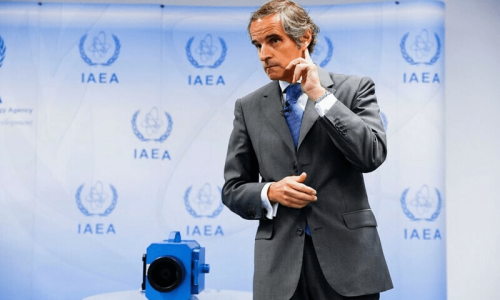ISLAMABAD, May 20: City managers plan to make Islamabad self-reliant in power generation.
“We will produce our own electricity in collaboration with the private sector,” Capital Development Authority (CDA) member finance Kamran Qureshi told Dawn on Tuesday.
CDA had sought permission from the caretaker government to install private power plants but it took no decision. It would soon make the same request to the present coalition government.
Since the people in the new government had introduced the private power production concept in their earlier stint, the CDA expects a positive response to its request.
According to the CDA official, at least four firms had shown interest in setting up power plants to generate 250 MW to 300 MW of electricity for the city, which is currently suffering a shortage of up to 80 MW of electricity.
If the government gives the CDA a go-ahead signal, it would need Iesco’s assistance in distributing the power to be generated by the private sector.
“The CDA will also seek government’s permission for installation of more grid stations required to meet future demand of the city,” he said.
Meanwhile, the CDA has asked builders of hotels and high-rise buildings as well as private housing schemes to make arrangements for generating their own power.
It has been learnt that Islamabad Electric Supply Company (Iesco) has shown reservations over provision of electricity to new hotels and residential complexes being built in the capital. If Iesco provides power to the new ventures, it has to establish new grid stations.
According to Iesco chief executive Raja Abdul Ghafoor, Islamabad region is facing a shortfall of 500 MW in power supply as a result of which the company was carrying out loadshedding like other parts of the country.
Another official said the capital city was being supplied 130 MW power against its demand of 200 MW, facing a shortfall of 70-80 MW. “We would definitely welcome the decision of the CDA regarding power generation but so far Iesco has not been informed in this regard,” the official said.
The Iesco chief was hopeful that the problem of insufficient power supply would gradually reduce in future due to short- and long-term measures being taken by the ministry of water and power.
The ongoing power loadshedding has not only disturbed the life of the residents of the capital but has also caused adverse effects on industrial, agriculture and other sectors.













































Dear visitor, the comments section is undergoing an overhaul and will return soon.